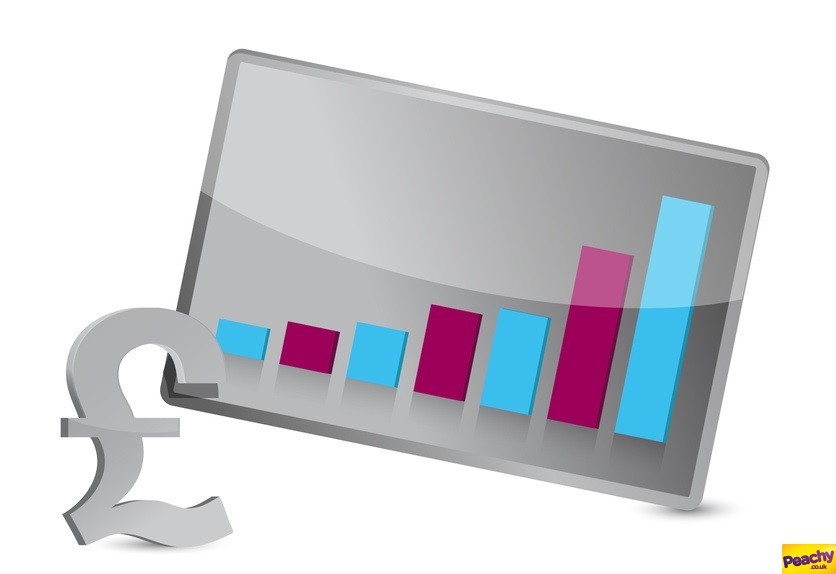Find the best way to boost your income
Post on: 16 Апрель, 2015 No Comment

In today’s low interest rate environment, it is more difficult than ever to generate a real rate of return on your money (remember, the real rate equals interest rate minus inflation).
So what options are available to provide income?
Cash
The obvious starting point is cash — and typically cash within an Isa or Nisa account. But with inflation higher than interest rates, the amount you can buy next year is likely to be less than you can buy now, so it’s not a particularly attractive option at the moment.
Do try to make sure you check on any withdrawal restrictions and re-explore your options each year when these deals expire.
Fixed-rate cash bonds
With fixed-rate cash bonds, you lock your money away for a set period in order to try to generate a better rate of interest. Typically, if you need to access the money before the fixed-rate term is up, you will be penalised by losing some or all of the interest due.
Readily available from your bank, these cash bonds may be a good option if you know you won’t need your capital but aren’t prepared to take any investment risk.
Gilts
These are government bonds, where the government lends money to you in exchange for a fixed rate of interest each year and you receive your money back at a defined point in the future. Typically, you will earn more interest each year if the term of the bond is longer.
So if you will get your original capital back in two years’ time, then you won’t earn huge amounts of interest now; but if you won’t get your capital back for another 10 years, then you’ll generate a higher income now.
Inflation-linked bonds
These are similar to gilts but the rate of interest they pay is adjusted in line with inflation. This means that, in theory, your cash should keep up with the increased cost of your spending.
Corporate bonds
These operate in a very similar way to gilts but instead of your money being lent to the government, it is a company that is doing the borrowing instead. The question is whether the company will still be around at the point at which it is due to pay your capital back.
This is known as the credit risk and differs between individual companies. A company with a lower credit rating will have to pay you a higher rate of annual interest in order to make up for the additional risk you are taking.
High-yield bonds
These are corporate bonds that pay a higher rate of income because the bonds have a lower credit rating than a bond issued by a company with a higher ‘investment-grade’ rating.
Retail bonds

These are very similar to corporate bonds but are issued for ordinary rather than professional investors. Similar rules apply with the underlying security of the company directly related to the interest rate you receive.
Most retail bonds are listed on the stock market, which means they can be easily traded and held within Nisas or Sipps. However, retail bonds are not covered by the Financial Services Compensation Scheme.
Shares
The income available from company shares (equities) comes from dividends, which are usually paid once or twice a year. How much income you can get from a share is also known as the dividend yield and is based on how much you have paid for the share. Typically, big companies aim to generate a yield of 3 or 4 per cent but may pay more.
Unlike bonds, which have an agreed rate of interest, companies are under no obligation to pay dividends, which makes the income you generate from them slightly less dependable. Reinvesting the income can amplify returns but shares remain high risk.
Income funds
There are numerous income funds around, which could be based on a basket of UK or global equities, gilts or bonds. You can filter your choice based on which sector you want to invest in.
The fund manager will have investigated the options available in that particular sector and bought a range of investments. Buying a fund will give you the benefits of this diversification and expertise.
With plenty of income choices available, the key factors are whether you need instant access to your money and how much risk you want to take. So rather than just settle for the derisory rates on offer, exploring all your available options makes sense.
Rebecca O’Keeffe is head of investment at our sister website Interactive Investor.














